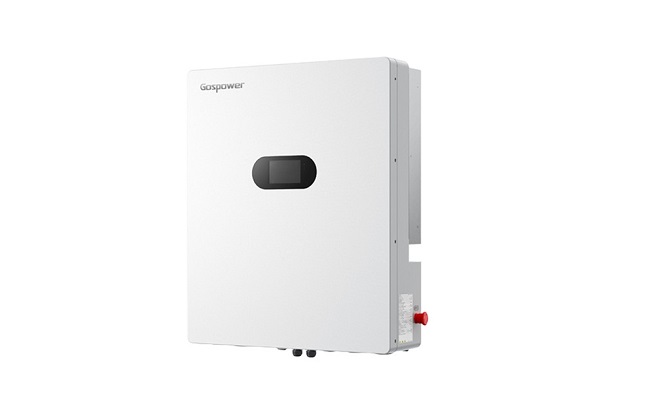How to Improve Energy Efficiency with 12kW and 15kW Solar Hybrid Inverters
May 30, 2024
Solar energy has become a cornerstone of sustainable living, and hybrid inverters have significantly enhanced the efficiency and versatility of solar power systems. Combining the benefits of both grid-tied and off-grid systems, hybrid inverters allow for greater flexibility and energy management. In this blog, we will explore how to optimize energy efficiency with 12kW and 15kW solar hybrid inverters, ensuring that you get the most out of your solar investment.
Understanding Solar Hybrid Inverters
A solar hybrid inverter combines the functionalities of a conventional inverter with a battery inverter, enabling the storage of excess solar energy in batteries for later use. This capability provides numerous advantages, including energy independence, improved energy management, and enhanced reliability.
Key Features of Hybrid Inverters:
Energy Storage: Stores surplus energy in batteries for use during periods of low solar generation or at night.
Grid Support: Can draw energy from the grid when solar and battery power are insufficient, ensuring uninterrupted power supply.
Smart Management: Intelligent energy management systems that optimize the use of solar, battery, and grid power.
Backup Power: Provides a reliable source of energy during grid outages.
Improving Energy Efficiency with 12kW and 15kW Solar Hybrid Inverters
To maximize the efficiency of your 12kW or 15kW solar hybrid inverter system, consider the following strategies:
1. Optimal System Design and Installation
Panel Placement:
Orientation and Tilt: Ensure solar panels are oriented to capture maximum sunlight, typically south-facing in the northern hemisphere, with an optimal tilt angle based on your geographic location.
Avoid Shading: Install panels in areas free from shading by trees, buildings, or other obstructions to maintain consistent energy production.
Inverter Sizing:
Match Inverter to System Size: Use a 12kW Residential Hybrid Inverter for a 12kW system and a 15kW inverter for a 15kW system to ensure efficient energy conversion and management.
Future Expansion: Consider potential future expansion of your solar system and ensure the inverter can accommodate additional panels or increased energy storage.
2. Efficient Energy Storage and Usage
Battery Storage:
High-Quality Batteries: Invest in high-quality, efficient batteries that can store and discharge energy effectively.
Capacity Matching: Ensure the battery capacity matches your energy consumption needs, providing enough storage to cover periods of low solar generation.
Energy Management:
Smart Systems: Use the hybrid inverter's smart energy management features to prioritize the use of solar energy and stored battery power over grid power.
Load Shifting: Shift energy-intensive activities to periods of high solar generation to maximize the use of solar power and reduce reliance on the grid.
3. Energy Efficiency Improvements at Home or Business
Energy-Efficient Appliances
Upgrade Appliances: Replace old, inefficient appliances with modern, energy-efficient models that consume less power.
Energy Star Ratings: Choose appliances with high Energy Star ratings for maximum efficiency.
Lighting:
LED Lighting: Switch to LED lighting, which uses significantly less energy than traditional incandescent or fluorescent bulbs.
Smart Lighting: Implement smart lighting systems that adjust based on occupancy and natural light availability.
Heating and Cooling:
Smart Thermostats: Use smart thermostats to optimize heating and cooling schedules based on occupancy and weather patterns.
Insulation and Sealing: Improve insulation and seal any gaps to reduce energy loss and improve heating and cooling efficiency.
4. Regular Maintenance and Monitoring
System Checks:
Routine Inspections: Regularly inspect the solar panels, inverter, and batteries for any signs of wear or damage.
Cleaning: Keep solar panels clean and free from debris to maintain optimal energy absorption.
Performance Monitoring:
Real-Time Data: Utilize the hybrid inverter's monitoring system to track real-time energy production, consumption, and storage levels.
Energy Audits: Conduct periodic energy audits to identify areas for further efficiency improvements.
A 12kW or 15kW solar hybrid inverter system can significantly enhance your energy efficiency, providing substantial cost savings and promoting sustainable living. By optimizing the design and installation, efficiently managing energy storage and usage, improving overall energy efficiency in your home or business, and maintaining the system regularly, you can maximize the efficiency and benefits of your solar installation. These strategies will not only improve the performance of your solar system, but also provide significant cost savings and a reduced carbon footprint, paving the way for achieving your green energy goals.
